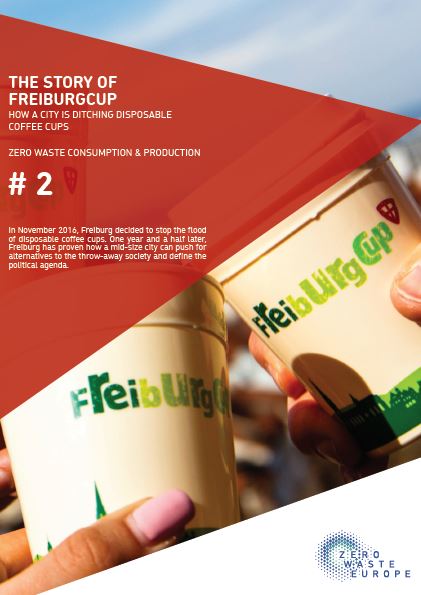
In November 2016, Freiburg decided to stop the flood of disposable coffee cups. Less than two years later, Freiburg has proven how a mid-size city can push for alternatives to the throwaway society and define the political agenda.
Available in English and French.

After assessing that 750 000 kg of food were wasted every year, the city of Bruges lauched an ambitious Zero Food Waste strategy, becoming a European forerunner with 43% of food waste prevented in the healthcare sector.
Available in English and French.
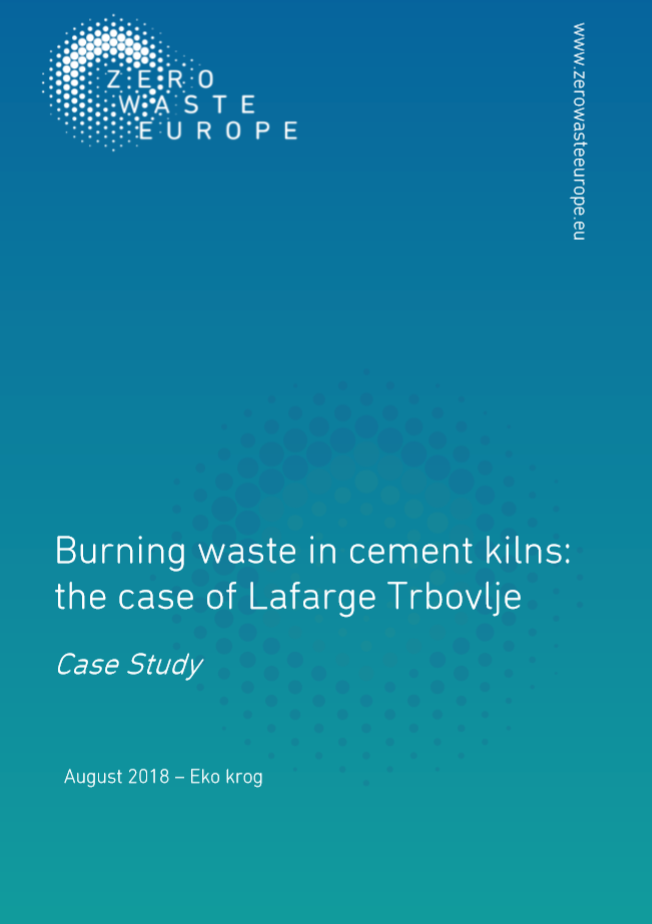
Burning waste in cement kilns is a widespread practice, but what impact does it have on citizens’ health and the environment?
The case of the Lafarge Trbovlje cement plant highlights a number of controversial issues in the area of waste incineration and co-incineration.
Available in English.
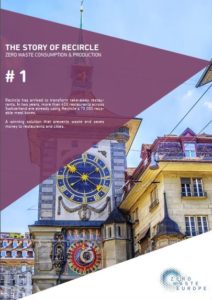
Recircle has arrived to transform takeaway restaurants. After two years, more than 400 restaurants across Switzerland were using Recircle’s 70,000 reusable meal boxes.
A winning solution that prevents waste and saves money for restaurants and cities.
Available in English and French.
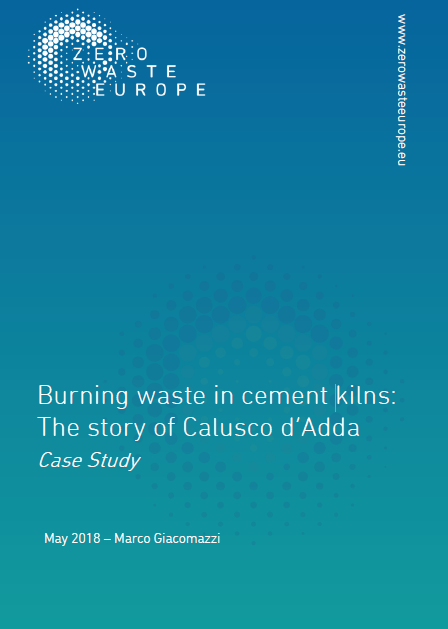
Burning waste in cement kilns is a widespread practice, but what is its impact on citizens’ health and the environment?
The story Calusco d’Adda shows how waste-based fuels can increase pollutants emissions with significant effects on human health.
Available in: English.
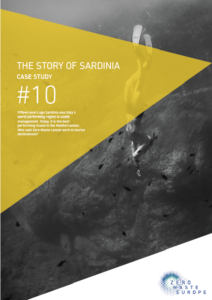
Fifteen years ago Sardinia was Italy’s worst performing region in waste management. Today, it is the best-performing island in the Mediterranean. Who said zero waste cannot work in tourist destinations?
Available in English, French, and Spanish.
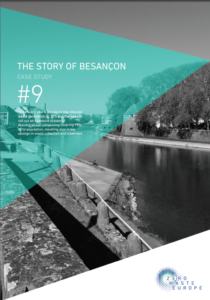
Located in Eastern France, the city of Besançon has rolled out an extensive system of decentralized composting, covering 70% of its population and significantly reducing the waste sent for disposal.
Learn how they did it with our case study.
Available in English, Croatian, French, German, and Slovenian.
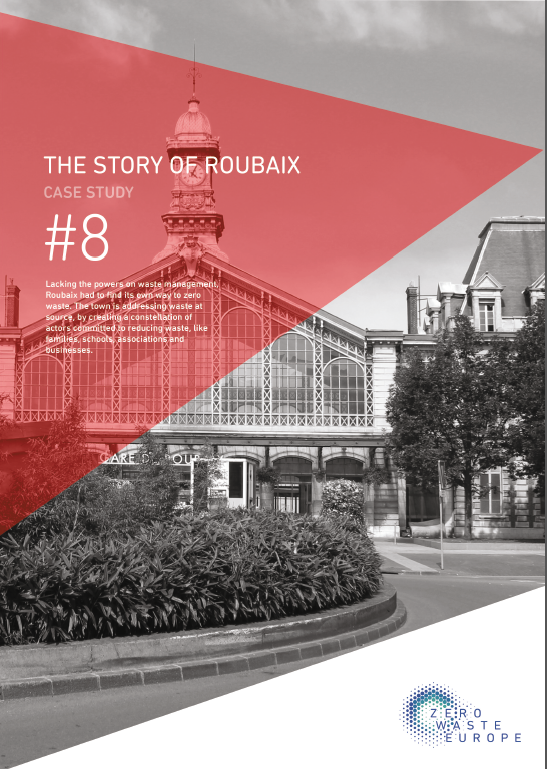
Lacking the power to implement waste collection and management practices, Roubaix had to find new ways to transition to zero waste. The town is addressing waste at source by creating a vibrant constellation of actors committed to reducing their waste, including families, schools, and businesses.
Available in English and Hungarian.
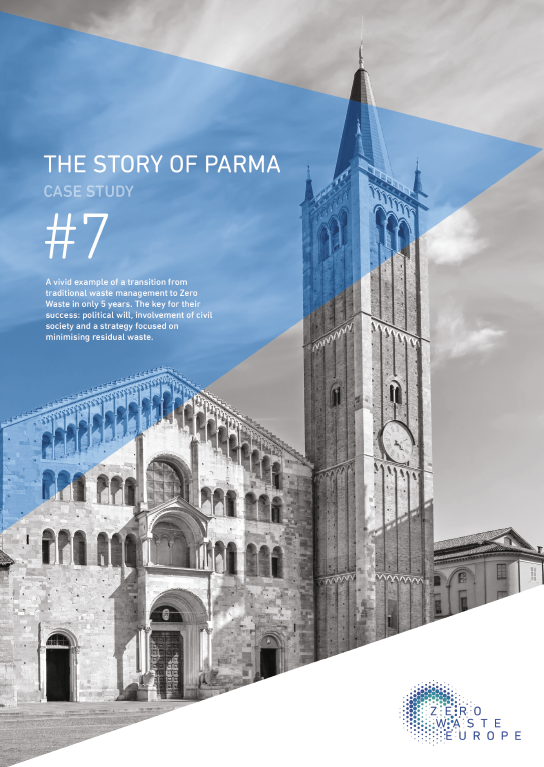
In the North of Italy, the city of Parma presents a vivid example of a transition from traditional waste management to zero waste in only 4 years. The key factors for their success include political will, involvement of civil society, and a strategy based on minimising residual waste.
Available in English, Catalan, French, Polish, and Slovenian.
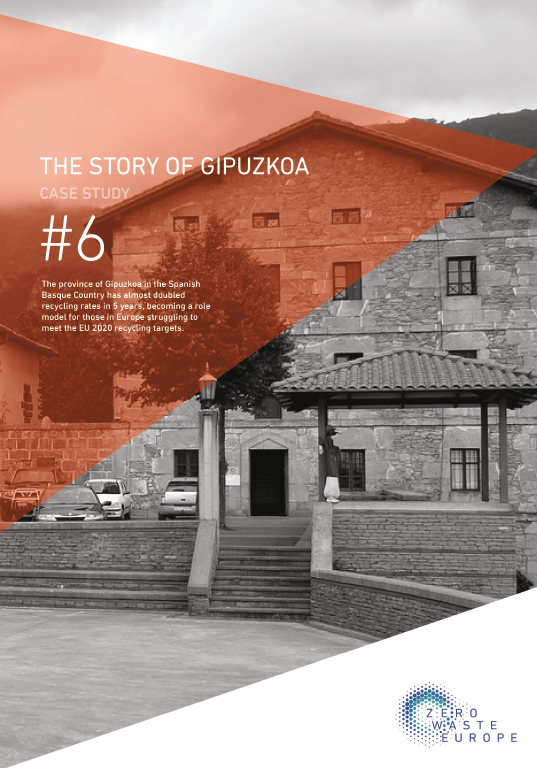
The province of Gipuzkoa, in Spanish Basque Country, has almost doubled their recycling rates in 4 years. In 2011 they struggled to meet EU targets; now they are above 2020’s goals and intend to keep improving.
Gipuzkoa still has a long way toward zero waste, but is already proving that laggards can move very quickly. Learn more about this on our case study.
Available in English, Catalan, and Polish.
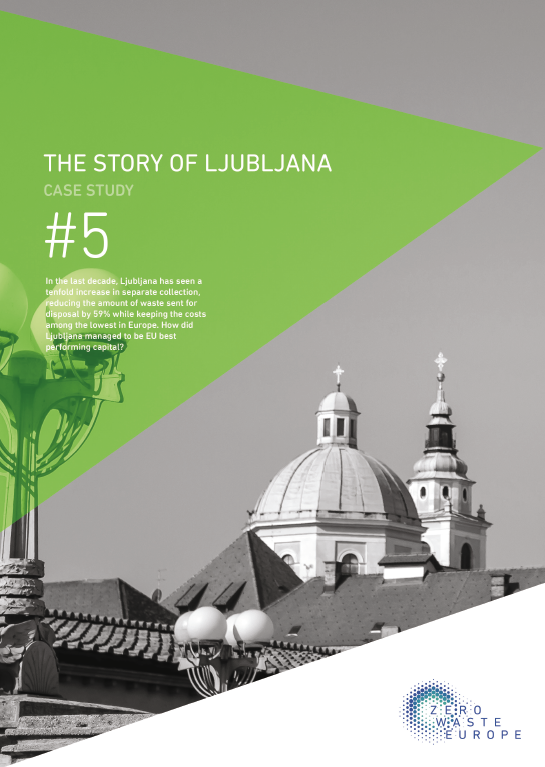
The Slovenian capital was the first capital in Europe to declare the zero waste goal and, in 2014, separately collected 61% of its municipal waste. The city has committed to halving the amount of residuals and increasing separate collection to 78% by 2025.
How did Ljubljana manage to become the EU’s best performing capital when, 10 years ago, it had barely started implementing separate collection? Find out on our case study.
Available in English, Bulgarian, Catalan, Croatian, Polish, Slovenian, and Spanish.
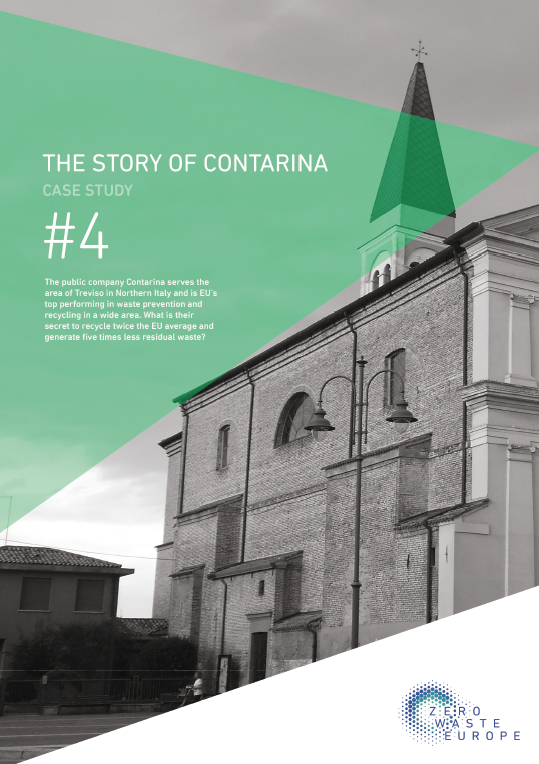
The public company Contarina serves the districts of Priula and Treviso in Northern Italy, the best performers in waste prevention and recycling in a wide area of Europe.
What is the secret for Contarina to recycle two times the European average and generate five times less residual waste? Find out on this case study.
Available in English, Bulgarian, Catalan, French, Italian, Polish, Slovenian, and Spanish.
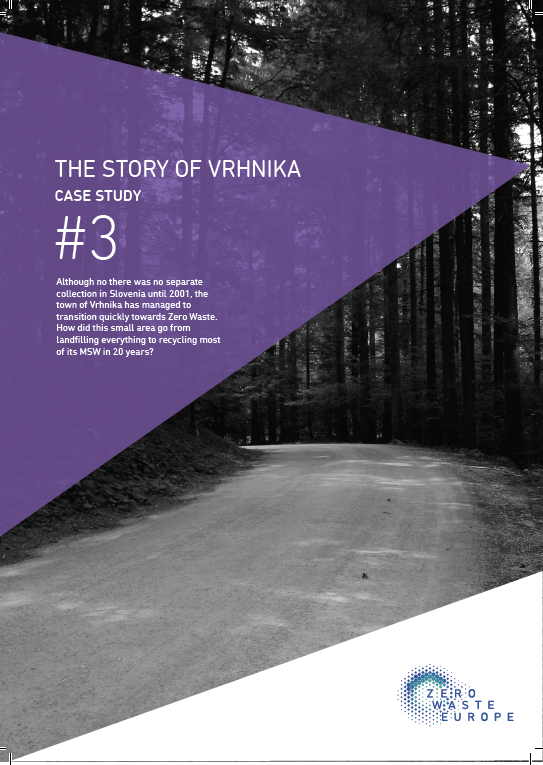
In a country that, until 2001, had no national targets for separate waste collection, the case of the small municipality of Vrhnika in Slovenia shows how a community can make strides towards a zero waste objective in a short time.
How did this small area go from landfilling everything to recycling most of its municipal solid waste in 20 years? Discover on our case study.
Available in English, Catalan, Euskera, French, Italian, Polish, Romanian, Slovenian, and Spanish.
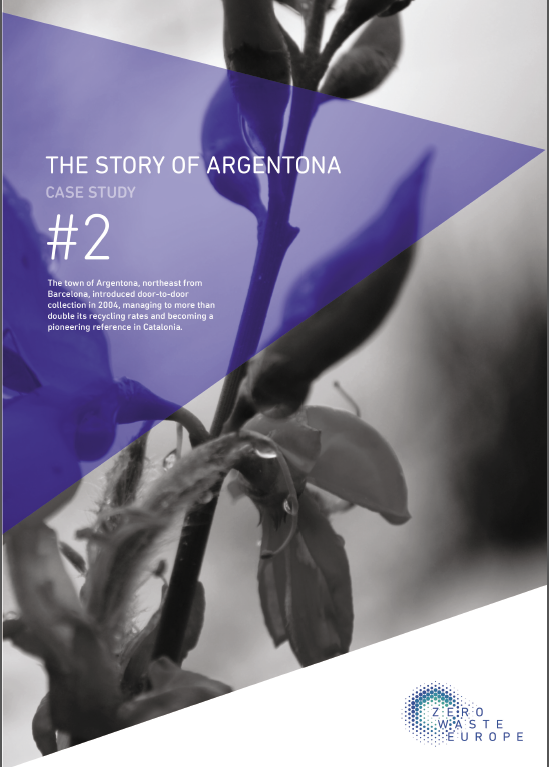
The Catalan town of Argentona, in the north-east of Barcelona, spearheads the network of Catalan Zero Waste municipalities. When the door-to-door collection system was introduced in 2004, Argentona more than doubled its recycling rates and became a pioneering reference in Catalonia.
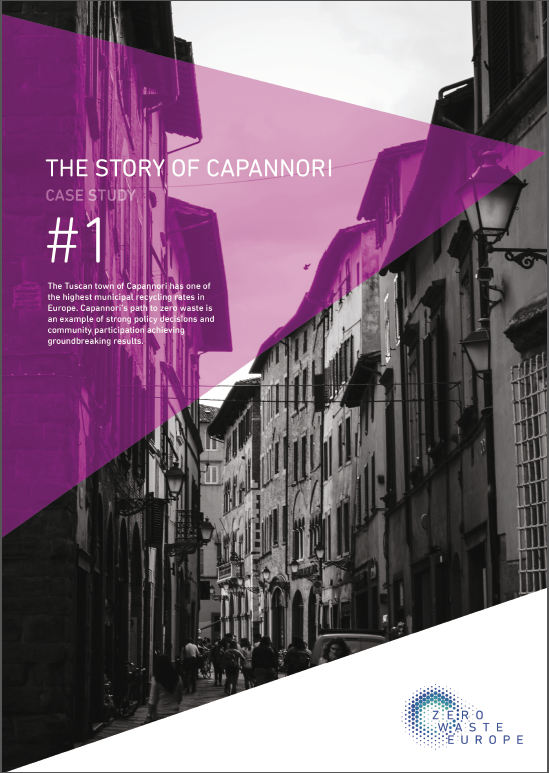
Located in the North of Italy, Capannori has one of the highest municipal recycling rates in Europe. This zero waste town exemplifies how strong policy decisions and community participation achieving groundbreaking results.
This case study reviews the story of their success to date.
Available in English, Bulgarian, Catalan, Euskera, French, Italian, Polish, Romanian, and Spanish.














